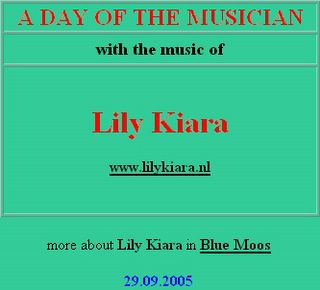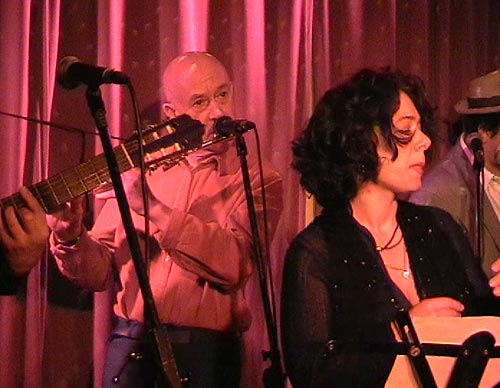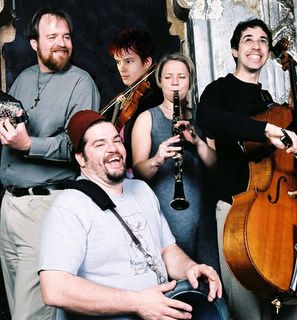NIYAZ feat. AZAM ALI
Ramin Loga Torkian, saz, guitar viol, kamaan
Habib Meftah Boushehri - percussions
Jess Stroup, electric guitar, keyboards, programming
World music for the XXI.Century
In two albums, Niyaz has marked its style and conquered a wide audience of fans in Iran and throughout the world. On stage, the band offers the best blend of traditionnal and modern world music, with the unforgettable voice of Azam Ali accompagnied by her fellow citizen Loga Ramin Torkian, multi instrumentalist and exceptional musicians (Oud, Tabla and electro mix). An absolut must! By any measure, Niyaz has come very far, very fast. The trio's 2005 debut featured a convincing blend of Sufi mysticism and trance electronica, and quickly established them as a standout ensemble in a very crowded world music field. A worldwide tour followed. Now, Niyaz returns with Nine Heavens, which doesn't just cross cultural and stylistic boundaries, but the centuries as well. Drawing on medieval Persian poetry and 300-year old Persian folk songs, Niyaz has created a 21st century global trance tradition.Vocalist Azam Ali co-founded the best-selling world music duo Vas in 1996; her unmistakable voice has graced numerous recordings and major film scores. Loga Ramin Torkian is a multi-instrumentalist whose group Axiom of Choice brought the ancient sounds of Persian classical music to Western listeners in the 1990s. And producer Carmen Rizzo, a multiple Grammy nominee, has worked with Coldplay, Seal, Ryuichi Sakamoto, and many others. Small wonder then that the trio hit the ground running with its self-titled debut. Now, with Nine Heavens, Niyaz breaks new ground in a two-disc format: the first is an adventurous, spiritual exploration of the ties that bind Persian, Indian, Turkish, and Western dance music. The second disc showcases 8 out of the 9 songs in a purely acoustic setting.
http://www.niyazmusic.com/










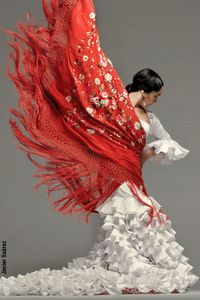
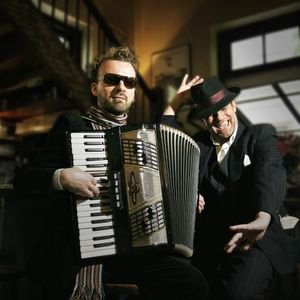
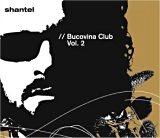 At the invitation of the Mayor of Czernovitz, during the heady Ukrainian autumn of the Orange Revolution, Shantel performed with the Jewish Orchestra of Czernovitz and musicians of the Mahala Rai Banda on former Austria Square to a crowd of ten thousand young people, some of whom had brought along their orange banners. The musicians had prepared intensely for this event and saw it as an opportunity of continuing where the old traditions had left off. Further invitations followed, prompted by the mutual wish to revive this rich cultural experience. Shantel is currently planning a more in-depth collaboration with musicians from Czernovitz.
At the invitation of the Mayor of Czernovitz, during the heady Ukrainian autumn of the Orange Revolution, Shantel performed with the Jewish Orchestra of Czernovitz and musicians of the Mahala Rai Banda on former Austria Square to a crowd of ten thousand young people, some of whom had brought along their orange banners. The musicians had prepared intensely for this event and saw it as an opportunity of continuing where the old traditions had left off. Further invitations followed, prompted by the mutual wish to revive this rich cultural experience. Shantel is currently planning a more in-depth collaboration with musicians from Czernovitz.

